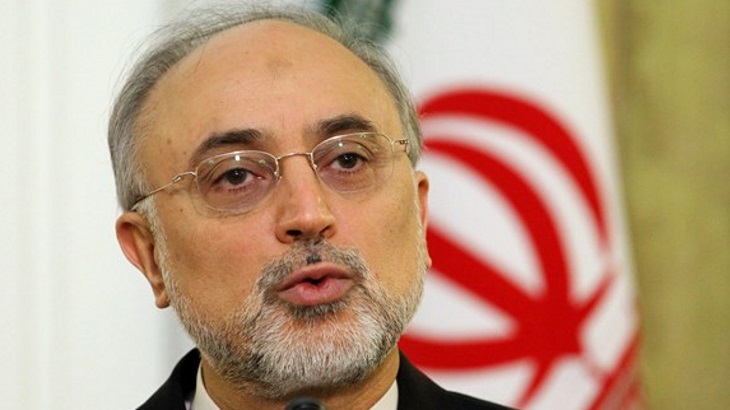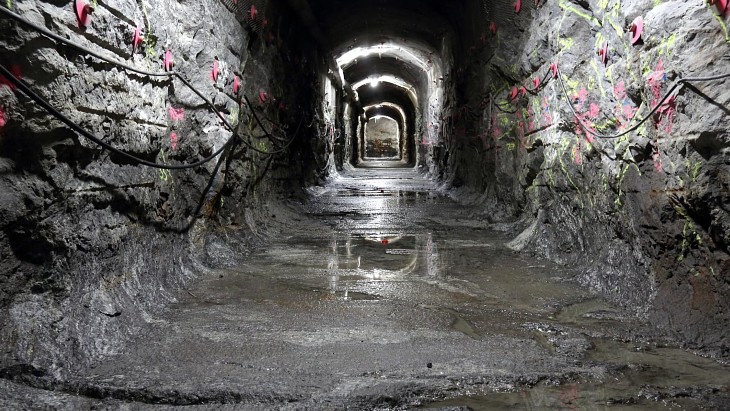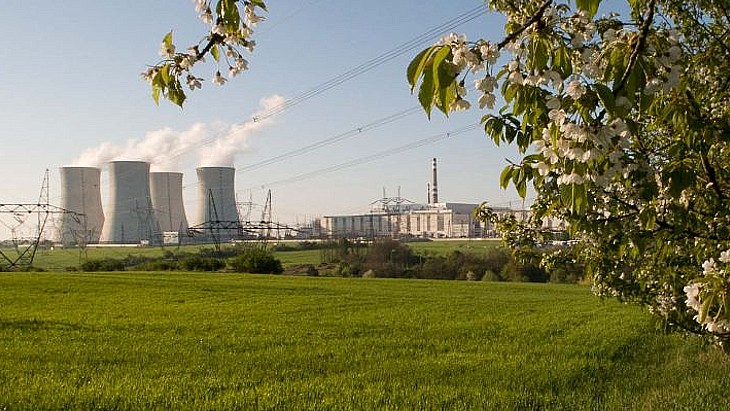On 3 November, the Iranian parliament approved a bill requiring the AEOI to produce at least 120 kg of 20% enriched uranium annually at the Fordow nuclear site. AEOI was required to start this process within two months and store the enriched uranium inside the country.
Iranian lawmakers ratified the bill on 1 December and on 14 December, Iranian President Hassan Rouhani said his administration would put the parliamentary bill into effect, "boosting Iran's nuclear capability" unless the signatories to the JCPoA, including the USA, "comply with their undertakings and let Iran enjoy the economic merits of the nuclear deal", Fars news agency said. The urgency to act had increased with the assassination of Iranian nuclear scientist Mohsen Fakhrizadeh on 27 November, it added.
According to the bill, AEOI is required to: increase its production of enriched uranium to at least 500 kg per month; start the installation of centrifuges, gas injection, enrichment and storage of materials up to "proper purity levels" within three months, via at least 1000 IR-2m centrifuges in the underground part of Shahid Ahmadi Roshan facility in Natanz: transfer any enrichment, research and development operations of its IR-6 centrifuges to the nuclear site of Shahid Ali Mohammadi in Fordow; start enrichment operations via at least 164 centrifuges and expand it to 1000 by the end of 20 March (the end of the Iranian calendar year); and return the 40-megawatt Arak heavy water reactor to its "pre-JCPoA condition" by reviving the calandria of the reactor within four months from the date of the adoption of the law.
The government is required to suspend the conditions of the JCPoA on regulatory access beyond the Additional Protocol within two months after the adoption of the law based on the articles 36 and 37 of the nuclear deal.
And within three months of the adoption of this law, "if Iran's banking relations in Europe and the amount of oil purchases by them from Iran is not back to normal and to satisfactory conditions, the government is required to stop the voluntary implementation of the Additional Protocol", the news agency said.
If, after three months from the adoption of the law, the parties to the JCPoA "return to fulfill their undertakings", the Iranian government is required to submit a proposal to the parliament for Iran's "reciprocal action" to return to the JCPoA.
Today, government spokesman Ali Rabiei said that Iran had started the "pre-processing stage of gas injection" a couple of hours earlier at the Fordow nuclear site, noting that the first UF6 enriched uranium will soon be produced. Speaking to the Islamic Republic News Agency, Rabiei said the government is bound to implementing the new law.







_53514_33880.jpg)






